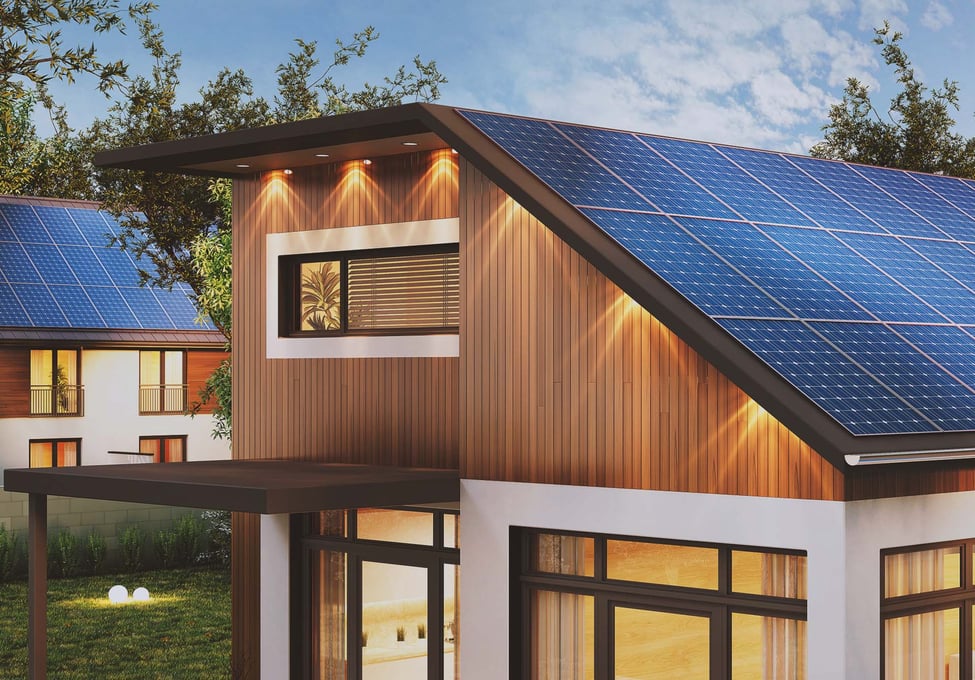Purchasing a home with solar panels presents unique opportunities and considerations. Solar energy can provide significant cost savings and environmental benefits, but it's essential to evaluate several factors to ensure you're making a wise investment.
1. Evaluate the System’s Age and Condition: The lifespan of solar panels typically ranges from 25 to 30 years. Before buying, inquire about the age of the solar system and its maintenance history. Older systems might require replacements or repairs sooner, impacting your overall cost savings.
2. Check Ownership and Financing Arrangements: Determine whether the solar panels are owned outright by the seller or leased from a solar company. If leased, understand the terms of the lease and ensure it can be transferred to you as the new homeowner. Leasing agreements might include monthly payments, which should be factored into your budget.
3. Review Energy Savings and Utility Bills: Ask for past utility bills to understand the energy savings provided by the solar panels. Compare these with local utility rates to estimate your potential savings. Keep in mind that energy production can vary based on factors like location, roof orientation, and shading.
4. Inspect the Roof’s Condition: Solar panels are typically mounted on the roof, so it's crucial to assess the roof's condition. A roof in poor condition might need replacement, requiring the removal and reinstallation of the solar panels, which can be costly.
5. Understand Incentives and Rebates: Research available incentives, rebates, and tax credits for solar energy in your area. Some incentives might transfer to you as the new homeowner, further enhancing your investment’s value. Additionally, solar panels can increase your home’s market value, making it a more attractive asset.
6. Analyze the System’s Compatibility: Ensure the solar system is compatible with your energy needs and lifestyle. If you plan to expand the system in the future, check if the current setup allows for additional panels. Some systems might also include battery storage, providing backup power during outages.
7. Consider Home Insurance and Warranty: Inform your home insurance provider about the solar panels, as they might affect your policy. Additionally, review the warranties for the solar panels and inverters. Understand what is covered and the duration of the warranties to avoid unexpected expenses.
8. Consult with Experts: Before finalizing the purchase, consult with a solar energy expert or home inspector experienced with solar systems. They can provide a comprehensive assessment of the system’s condition and potential issues.
Buying a house with solar panels can be a financially and environmentally rewarding decision. By thoroughly evaluating these factors, you can ensure that the solar energy system enhances your new home’s value and aligns with your long-term goals.

